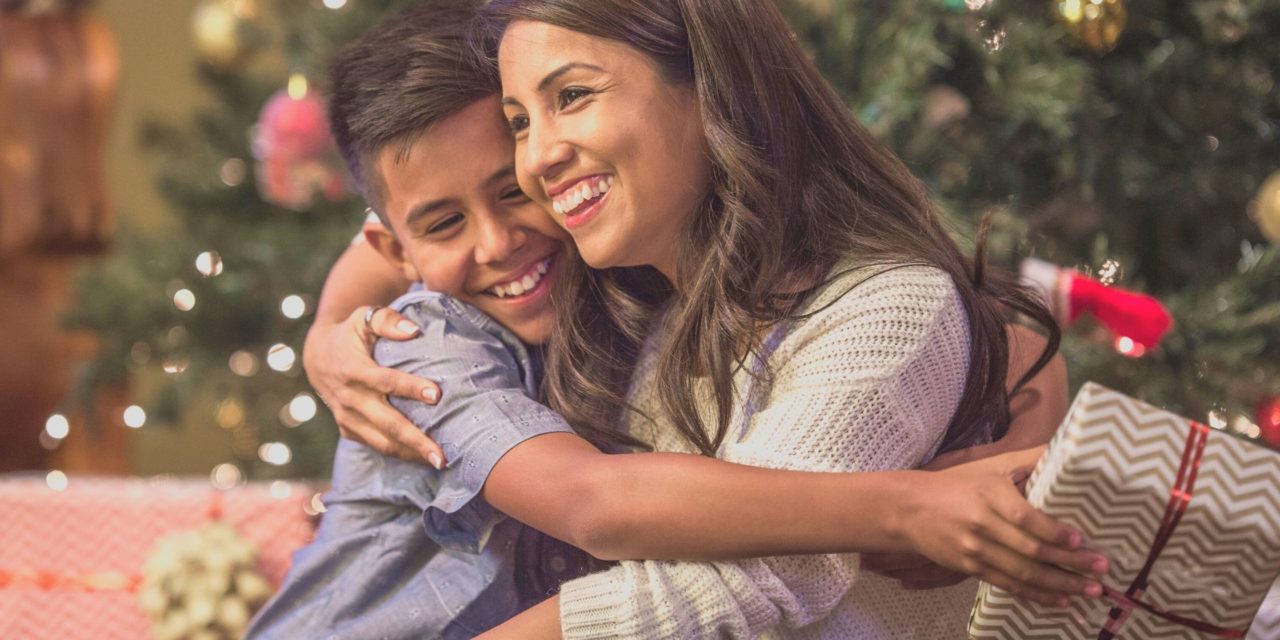Facing the holidays newly sober can make it difficult to focus on all that’s merry and bright. End-of-year revelry finds people cutting loose which means lots of rich foods, sweet pastries— and lots and lots of booze. There’s the raising of glasses for toasts at Thanksgiving dinner, spiked eggnog at Christmas, and cavalcades of champagne that overflow on New Year’s Eve. And we haven’t even touched on the season’s many stressors, like awkward family gatherings, the pressure to find the perfect present, or the hassle of traveling to and fro.
Fear not, you don’t have to dread end-of-the-year festivities if you no longer drink. Here are 5 tips to help a recovering alcoholic get through the holidays with their sobriety (and sanity) intact.
1. Bring Your Own Drinks
Alcoholic drinks are inevitable when it comes to holiday gatherings and being the only one without something in your hand can leave you feeling self-conscious. The easiest way to avoid that awkwardness is to bring a non-alcoholic beverage of your own (though whether you add it to the punch table or keep it hidden away just for you is your choice).
You can take things a step further by researching fancy mocktail recipes and requesting them from the host. Odds are, there will be some attendees who won’t want to drink booze all night and a pretty non-alcoholic drink will be hit even for those who aren’t in recovery.
2. Always Have An Escape Plan
Whether you’re trapped in a dull conversation, feeling overwhelmed by being surrounded by drinkers, or simply not feeling mentally up for socializing, there are plenty of scenarios in which you might want to end the night early. Having a pre-planned escape route can help you do so in a way that minimizes any potential awkwardness on your end and that of offending your host.
Arrange for a friend to call you with a fake emergency. Tell your host first thing upon arriving that you’ll need to depart at a certain time to catch a ride or that you have a prior engagement. Or, your “escape” could be smaller. Find a room or secluded spot outdoors where you can steal away and take a break from socializing. Even just a moment to reset can give you the clarity to will through any moments of temptation or frustration.
3. Decide Beforehand What You’ll Tell People
One of the most stressful parts of the holidays is that it means seeing lots of people that you probably haven’t seen since last year, and that can only mean one thing: lots and lots of questions. These questions can range from an innocuous “How’s work?” to “Why aren’t you drinking?”
A nuisance to most, these questions can be particularly prickly for someone who temporarily lost control of their life due to alcohol. While addiction (and getting help for addiction) is nothing to be ashamed of, it’s still a very personal matter and one that you may not feel comfortable having everyone know about. Before getting the party started, consider what you feel comfortable sharing and how you’ll respond if someone asks something related to your newfound sobriety. Answer with calm and confidence and they’ll see it’s not a big deal, just a matter-of-fact about your new way of life.
4. Go With A Buddy
It’s a lot easier fighting off bouts of temptation with a friend who knows what you’re going through. Enlist the help of another person to accompany you to your holiday soirees to act as a buffer between intrusive questions, to sip non-alcoholic drinks with, or simply to offer a comforting presence throughout the event. Just as social support is pivotal to a successful treatment outcome, it also’s still extremely important post-rehab as well.
Establish codewords that they can use to recognize your distress signals. Arrange to meet up every 10 minutes or so (that’s if you leave each other’s side at all). Treat your friend as a safety net and you’ll have much more peace of mind when going into potentially stressful social situations.
5. Just Say No
Sometimes, the best thing you can do to protect your progress as a newly recovered alcoholic is to simply say “no” to some invites. Don’t let a fear of disappointing the host put your well-being at risk. Party environments could be triggering and you might feel that no amount of contingency plans and strategies will allow you to attend and still end the night sober.
If the invitation is for an event you typically attend, consider letting your host know how your situation has changed. You may find a fellow conspirator who will happily cover for your absence to other party guests. If that isn’t an option, make some excuse as to why you cannot attend. You can offer to stop by early before other guests arrive (not after when people are likely to be drunk and potentially belligerent), or a different day altogether. Or, you could throw a small, controlled gathering of your own as a counter-invite that shows that you do want to spend some quality time together.
Celebrating the Holidays Sober and Safely
No matter what the upcoming holiday season has in store for you, the key to minimizing the risk of relapsing is to plan ahead. Leaving things up to chance puts you at the mercy of circumstances. Take and keep control of your recovery by anticipating what challenges you might face and you would want to respond. Mental rehearsal is a powerful tool that makes you much more likely to actualize the positive, healthy choices that will continue you on the path to sobriety. Contact an Addiction Treatment Facility near you to learn how they can teach you the skills you need to navigate these and other challenges to successfully overcome alcoholism.

